Areas of work: Plastic Pollution

Plastic Money: Turning Off the Subsidies Tap (Phase 1)
QUNO’s Sustainable and Just Economic Systems programme, in partnership with Eunomia Research & Consulting Ltd., has published the Phase 1...
Read More
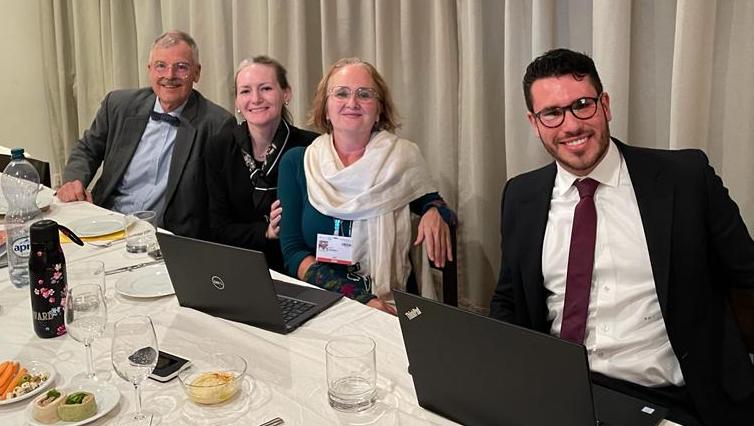
Diplomats, stakeholders gear up for United Nations meeting to end plastic pollution
As part of its quiet diplomacy efforts, the Quaker United Nations Office (QUNO) in Geneva recently hosted 22 diplomats and...
Read More

New Report: Strategies for Asian countries to end plastic pollution
Against the backdrop of Asia’s struggle with burgeoning plastic waste, the Quaker United Nations Office (QUNO) has published a new...
Read More

QUNO’s INC-3 Joint Submission with IUCN on Plastic Subsidies
At its second session, the Intergovernmental Negotiating Committee requested the Secretariat to invite written submissions on (a) Elements not discussed...
Read More

QUNO’s Contributions to INC-3 Webinar Series on Plastic Pollution
In preparation for the third session of the Intergovernmental Negotiating Committee to Develop an International Legally Binding Instrument on Plastic...
Read More
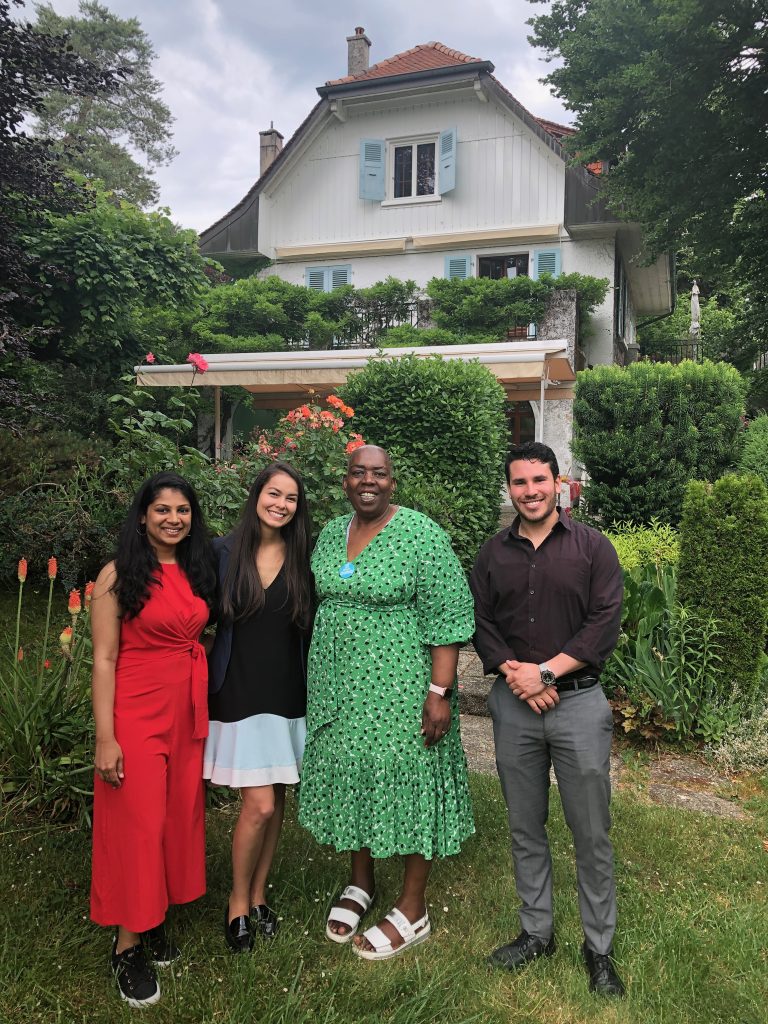
Students work with QUNO towards just economic systems
Young people have over the years participated in Quaker United Nations Office (QUNO) programmes in various ways. QUNO’s offices in...
Read More
![Image[4]](https://quno-dev.globalsolidarity.foundation/wp-content/uploads/2023/07/Image4-1024x768.jpeg)
Young people gather for QUNO’s Summer School in Geneva
QUNO Geneva’s annual Quaker UN Summer School (QUNSS) hosted 23 participants from various countries recently, connecting them to the United...
Read More
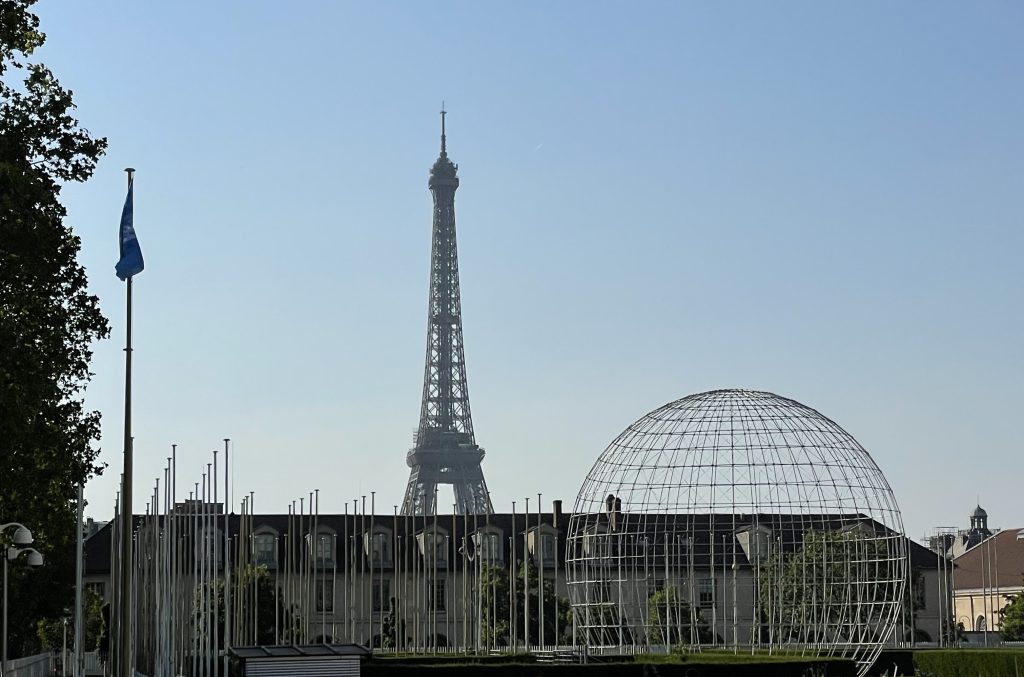
QUNO’s Role at the Paris INC: Shaping Global Solutions to End Plastic Pollution
Ending plastic pollution globally remains a top priority for the Sustainable and Just Economic Systems (SJES) programme at the Quaker...
Read More

QUNO’s Contribution to Zero Draft for MC13 Outcome – Dialogue on Plastic Pollution
The SJES team was approached by the DPP (Dialogue on Plastic Pollution) Secretariat for feedback on their Zero Draft in...
Read More

Upcoming Event: Webinar and Quiet Diplomacy Dinner on Trade-Related Measures for a Treaty to End Plastic Pollution
We would like to inform you of an upcoming event on the 26th of April 2023, co-hosted by the Quaker...
Read More

Countries adopt landmark treaty to protect the world’s oceans
Late in the evening on 4 March 2023, the United Nations adopted a historic treaty to protect the world’s oceans....
Read More

Rethinking Plastic Pollution Solutions: QUNO’s Insights on Policy Interventions and Reuse Systems at WTO Dialogue
On 16 February 2023, Mr. Andres Naranjo, the Programme Associate for QUNO's Sustainable and Just Economic Systems (SJES), presented at...
Read More
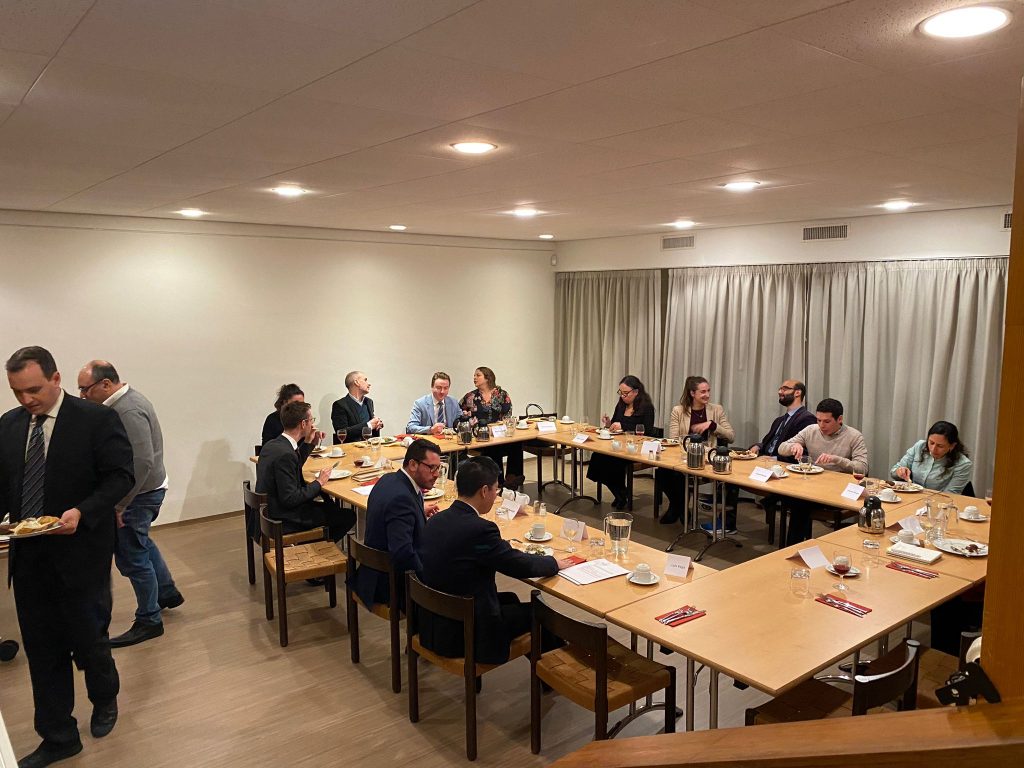
QUNO/CIEL Event on International Trade and the Upcoming Treaty to End Plastic Pollution
QUNO, and the Center for International Environmental Law (CIEL) organized an event to discuss trade measures in the context of...
Read More
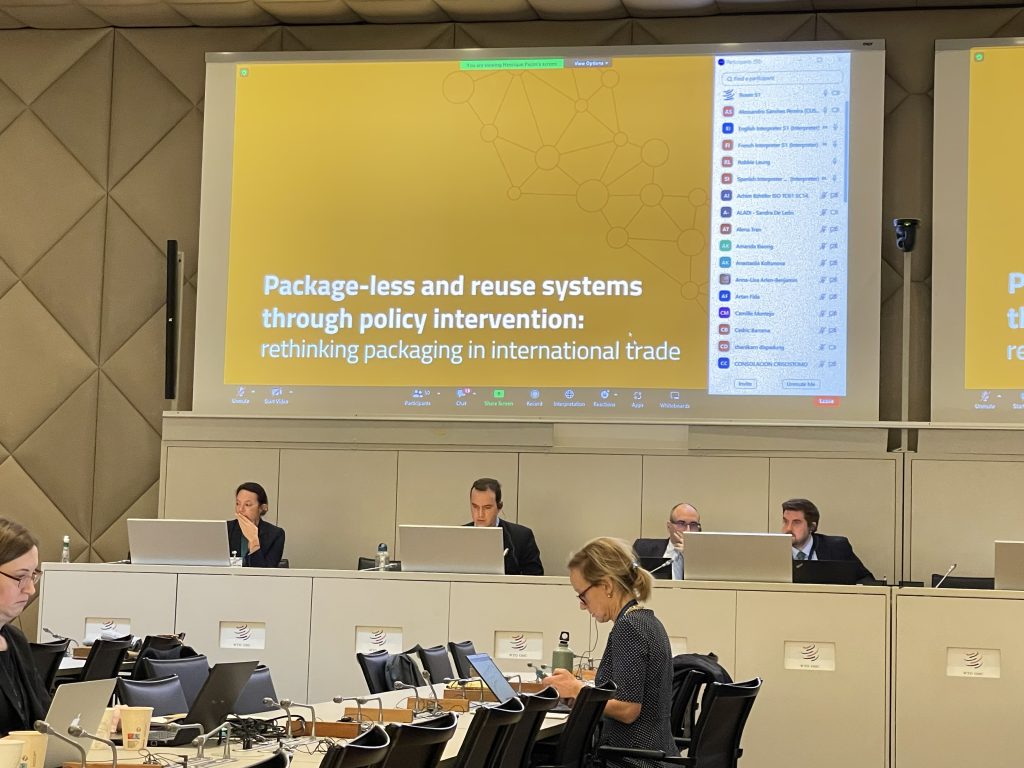
QUNO Stresses the Importance of Adopting Package-less and Reuse Systems to Address Plastics Pollution in a Workshop Organised by the WTO and UNCTAD
QUNO participated in a workshop on sustainable and effective substitutes and alternatives for plastics, co-organized by the World Trade Organization...
Read More
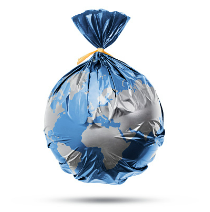
QUNO Attends Intergovernmental Negotiating Committee on Plastic Pollution
From 28 November to 2 December 2022, the first session of the Intergovernmental negotiating committee (INC) on Plastic Pollution was...
Read More

QUNO Statement at the Intergovernmental Negotiating Committee on Plastic Pollution
On Wednesday, 30 November 2022, delegates met in plenary to discuss key topics relating to the creation of a new...
Read More
